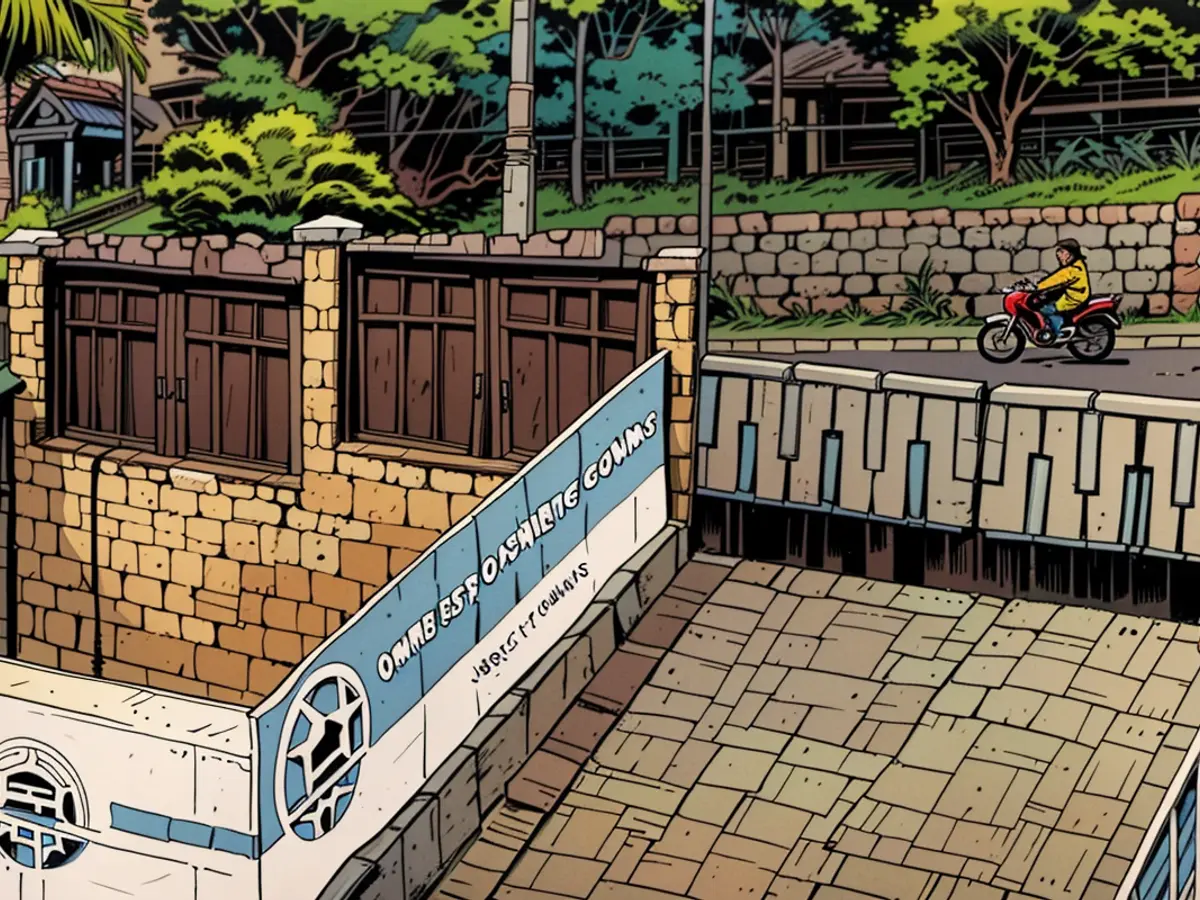Third-country asylum processes show no signs of easing, according to City Association's perspective.
Moving asylum evaluations to countries outside the EU will undergo a detailed and open examination, as stated by the Federal Interior Ministry. Chancellor Olaf Scholz (SPD) had earlier guaranteed the states during a summit meeting on Thursday that the findings of this examination would be disclosed by December. Notably, union-led states had already requested "specific plans" for outsourced procedures during the meeting.
"We caution against giving individuals the idea that such a sole action can fundamentally transform the refugee crisis," Berghegger told the "Rheinische Post." What's actually required, according to him, are "strong border controls, prompt enforcement of the EU asylum agreement, and the elimination of 'attractors,' such as by implementing payment cards." Furthermore, cities and municipalities must be "entirely freed from the expenses related to housing, care, and integration," said Berghegger. They're nearly reaching their breaking point.
Read also:
The League of Cities shares the City Association's concerns about the persisting third-country asylum processes. The Federal Ministry of the Interior is expected to present the findings of their examination on outsourcing asylum evaluations to third countries by December, as mandated by Chancellor Olaf Scholz. Andre Berghegger, spokesperson for the Association of Municipalities, advises against relying solely on this approach. He suggests strengthening border controls, enforcing the EU asylum agreement promptly, and eliminating 'attractors' such as providing payment cards. Berghegger emphasizes the need for cities and municipalities to be relieved from expenses related to housing, care, and integration, as they are approaching their limits. The Rheinische Post reported these developments in their coverage of the situation.







